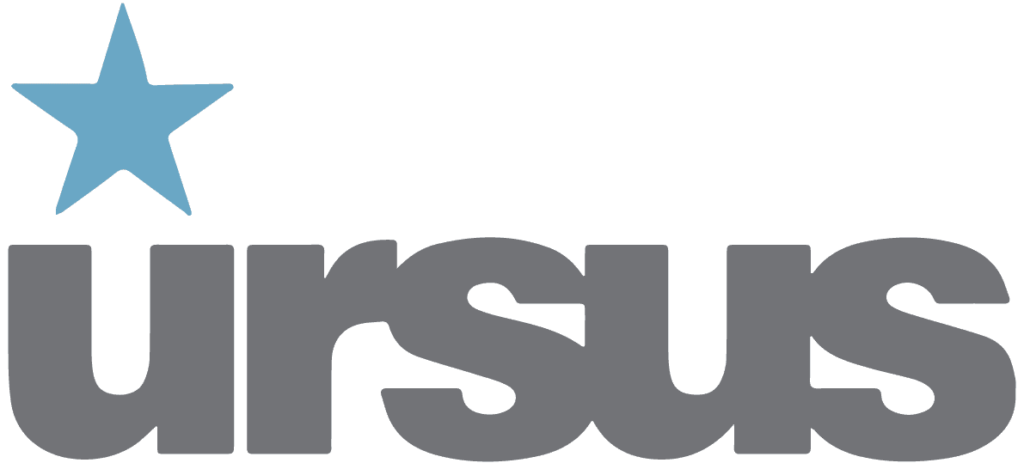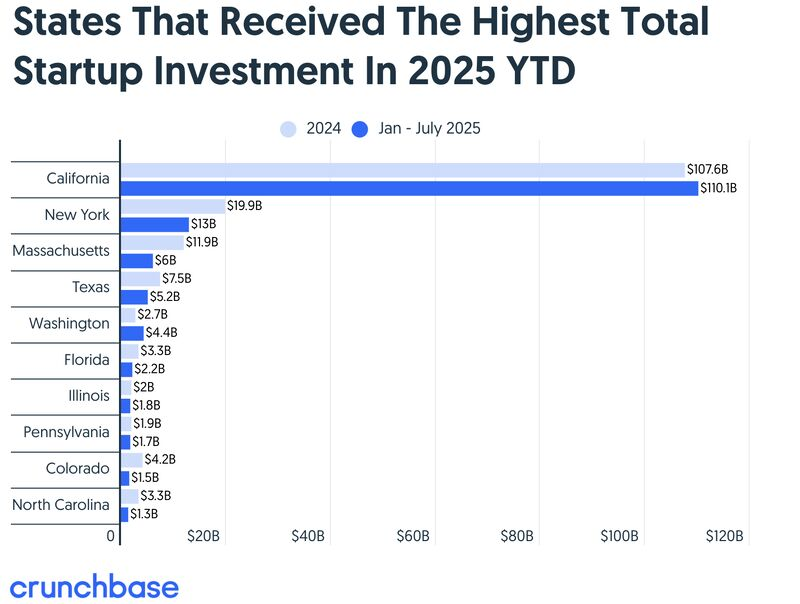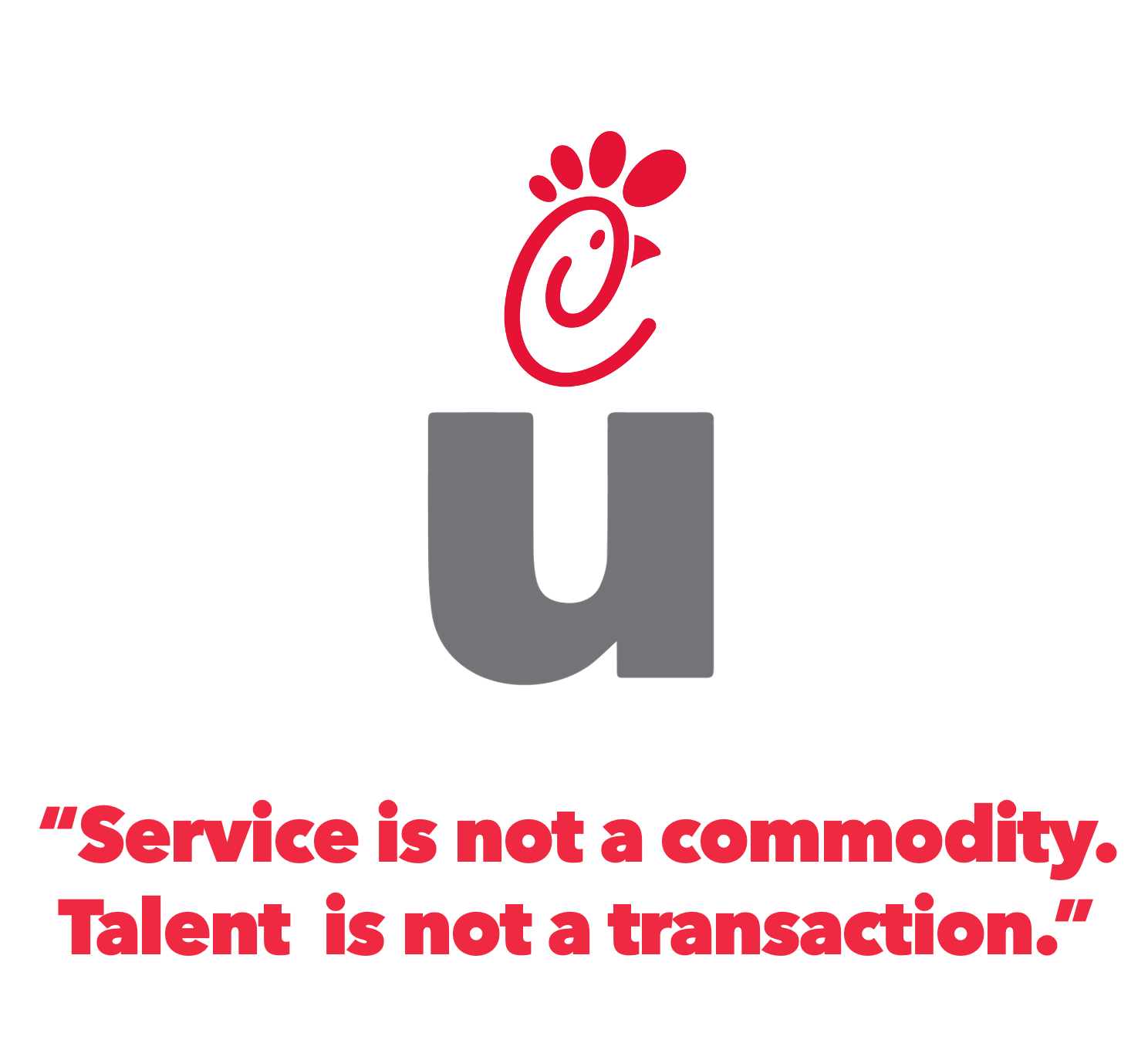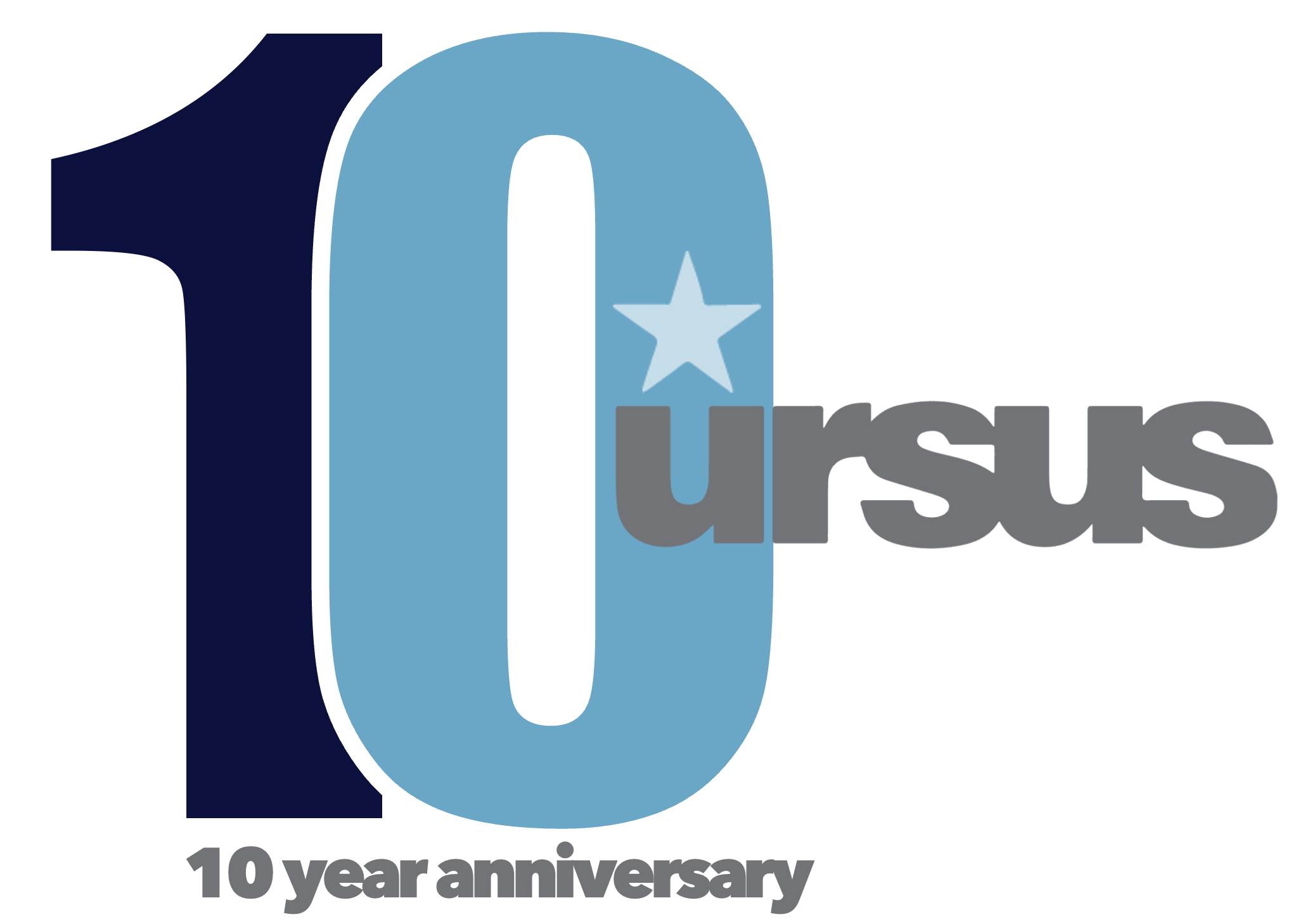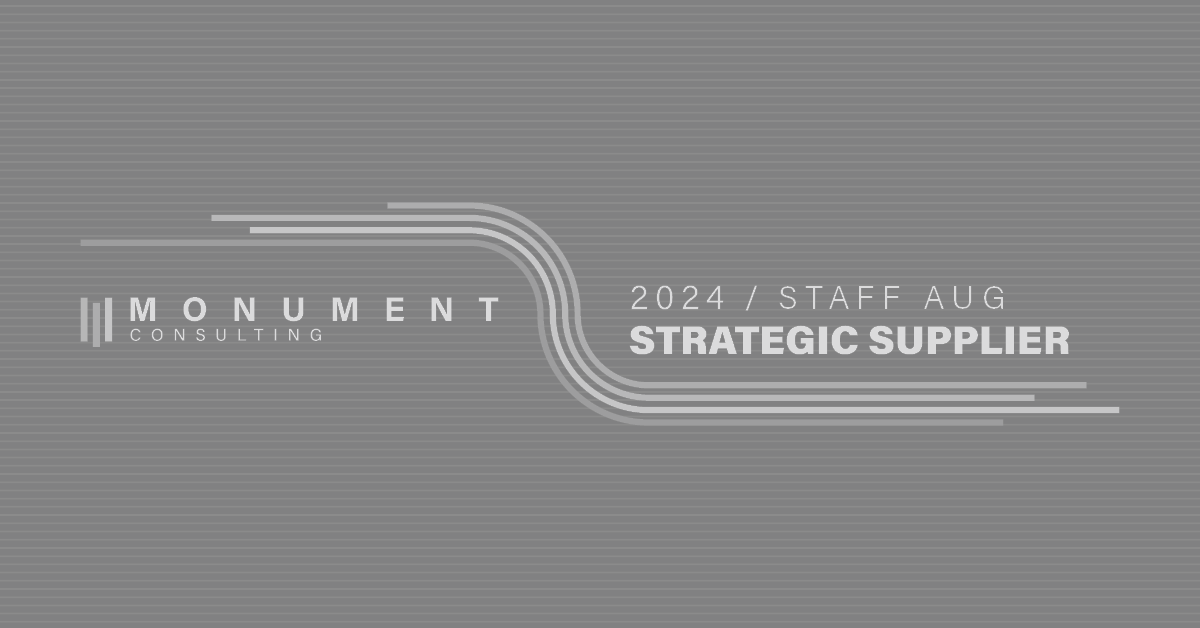When people look back at the year 2025, only a few business leaders will confidently say “what a fantastic time for revenue growth.” One of those leaders will be Jon Beck at Ursus.
With a leading technical and creative staffing firm named to SIA’s list of fastest-growing firms for four years running, Beck has seen 29% year-over-year growth and an emphasis on moving upmarket into more consultative and SOW opportunities.
Founded in 2015, Ursus provides talent solutions and workforce expertise for the IT, creative, and life sciences industries. Since the company has been focused on supporting large-scale digital transformation projects for its clients since inception, investing in novel technologies is core to Ursus’s ethos.
“We’re always looking for things that will differentiate us against our competitors,” said Beck, the founder and CEO of Ursus. “We want to deliver the best quality and the highest efficiency for our candidates, our clients, and our internal teams.”
The Problem
When placing technical talent, your first mistake could be your last when it comes to client retention. Fully aware of the critical importance of quality, Ursus had long considered reference checking a mandatory part of their placement process.
However, they conducted them manually. “Our reference checks and subsequent reports were not standardized by any measure and certainly didn’t reflect the professionalism of our team.” Additionally, a manual process introduced risk, especially given how difficult it is to assess whether the skills on a candidate’s resume match their actual capabilities.
Beck, a longtime technology executive prior to founding Ursus, managed the evaluation process for reference checking solution providers himself. It was after a thorough assessment and comparison that he selected RefAssured.
“RefAssured’s workflow is extremely well thought out,” said Beck. “It’s obvious when you look at the interface that the people who designed this have worked in staffing before and really understand how to deliver the type of value and ROI that staffing firms need. It’s intuitive for both candidates and recruiters, really user-friendly, and just makes a ton of sense.”
The Solution
While the team was initially skeptical that automating the reference checking process would generate far greater depth of human insight, the proof is in the pudding. RefAssured has been adopted completely by the internal Ursus team and recruiters once allocating their time to manual phone screens now spend more time doing more consultative and rewarding work.
Beck explained: “When we conduct reference checks manually, the results lack teeth. Everyone says something nice, they go through the motions, and it ceases to have any meaning. RefAssured has designed their proprietary methodology to flip this notion on its head, to challenge people to put real thought and insight into their responses and to provide intelligence that helps us make informed decisions on who to place and where.”
Another issue that Ursus sought to solve using RefAssured was the changing nature of candidate assessment and validation. With the power of RefAssured’s IP address verification and human-generated third-party insight, Ursus can feel confident that it is placing only properly qualified and non-fraudulent candidates. The risk mitigation is a huge advantage.
“Candidate validation is a huge priority for us,” said Beck, “and for every IT staffing agency out there. We’ve all seen the headlines, and we understand that we cannot afford to roll the dice here. RefAssured helps us prevent bad actors from gaming the system, and dramatically reduces our risk while increasing the quality of the talent we place.”
The Result
With RefAssured, Ursus has been able to save thousands of hours of recruiter time and generate almost $70,000 in labor cost savings in just six months. Yet another benefit of using RefAssured has been immediate ROI from sales and talent lead generation and the revenue growth that results from it.
“I think some agencies think candidate quality seems like a nice-to-have. We’ve grown 29% in the past year during a down market because we consider it a need-to-have, and our clients know we only place the best people with them. With the leads we generate automatically from RefAssured, we can grow our pipeline easily and authentically, and increase revenue without a ton of pain or manual effort. Having access to a qualified lead pipeline makes a huge difference in this market.”
Beck continued: “We also use RefAssured reference reports to proactively market our candidates to hiring managers. The earlier we do it, the more they want to talk to us, the bigger our numbers. And because we can customize the reference process based on our client’s needs, culture, core values questions and other things, we know we’re delivering something that they’ll absolutely want to read and consider.”
True to form, the company has been able to advance several candidates, who were previously not in serious consideration, to finalist stage with three customers based almost solely on the strength of their reference reports. These creative, out-of-the-box approaches to candidate marketing are hallmarks of how Ursus innovates to outperform competitors.
Ursus is excited for RefAssured’s upcoming product expansion, including post-hire insight from performance evaluations.
“It’s such an interesting problem to solve,” said Beck, “connecting how you expect a candidate to perform to how they actually perform. It is huge for retention and redeployment and as we look to further differentiate ourselves by moving upmarket into more SOW and consultative work, having the advantage of data that proves our talent is the best is really compelling. We overcome so many hurdles by having that intelligence at our fingertips.”
Final Thoughts
While many IT staffing firms have contracted amid slowing demand, economic uncertainty, and margin pressure, Ursus is thriving.
“We continue to grow because we are focused on adding more value for clients today than we did yesterday,” said Beck. “That means filling more challenging technical roles, moving upmarket and providing consultation and true partnership, and separating ourselves from any competitors who are just order takers.”
Ultimately, Ursus’s uncommon success amidst a challenging environment is testament to their values and drive to be more than just a staff augmentation firm and to offer white-glove service and value that cannot be replicated any other way.
For Jon Beck, balancing tech and trust is an exercise in judgment and strategic thinking.
“In the face of AI where so many staffing firms are just like lemmings rushing to automate all aspects of the staffing supply chain, we stand out as subject matter experts. We understand the segments that we serve, and the skill sets and cultures we’re trying to match and align. We understand the nuances of our clients and what’s happening in the market. We proactively turn to technology to improve our processes without relinquishing our responsibility to curate the entire lifecycle as real people.”
He continued: “It’s astounding to me that so many companies are still doing things manually in spreadsheets or grabbing off-the-shelf AI tools that their recruiters don’t understand how to use. You realize that if you adopt the right tools, the tools that your team enjoys using, you can have more meaningful conversations and make more money, right?”
While it may not be the ethos that every firm ascribes to, it’s worked out tremendously well for Ursus, which has ambitious plans for the future informed by an understanding of where the industry is headed.
“At some point a lot of people started thinking that it’s too much effort to be thoughtful,” Beck concluded. “So they’ll jump on a bandwagon, or they’ll get into legal trouble by trusting experimental tech that hasn’t been vetted, or they’ll drive to the bottom line by cutting corners and then lose their clients as a result. We have proven that it’s possible to move quickly without being reckless. It’s possible to embrace technology that prioritizes quality and human ingenuity, like RefAssured, without just outsourcing everything to a robot. And it’s possible to think a few steps ahead and realize that our job is to make a good match, and that sacrificing quality is the fastest way to tank your business.”
This post was originally published on refassured.com.
